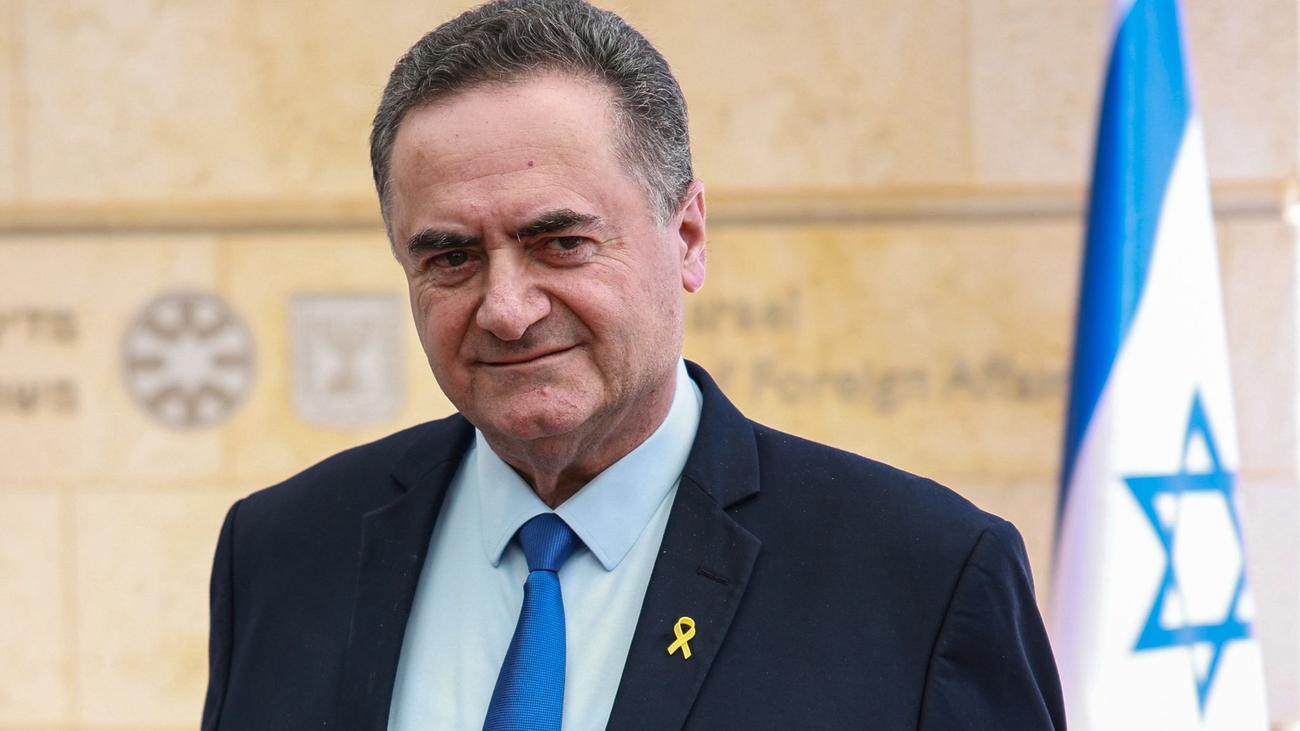After Ceasefire: Israel's Gaza Strategy – A Shifting Sandscape
The recent ceasefire in Gaza has brought a temporary reprieve from the brutal conflict, but the underlying issues remain, leaving many to question Israel's long-term strategy towards the besieged territory. This complex situation demands careful analysis, considering both immediate humanitarian concerns and the long-term geopolitical implications. What will Israel's approach be in the coming months and years? This article delves into the evolving dynamics and explores the potential paths forward.
The Immediate Aftermath: Humanitarian Aid and Reconstruction
The immediate priority following any ceasefire is addressing the humanitarian crisis. Gaza's infrastructure has suffered immense damage, leaving thousands displaced and in need of urgent medical care, food, and shelter. Israel's response to this crisis will be a crucial factor in shaping public perception both domestically and internationally.
- Aid Delivery: The efficiency and transparency of aid delivery will be closely scrutinized. Unhindered access for humanitarian organizations is paramount.
- Reconstruction Efforts: The scale and speed of reconstruction efforts will significantly influence the stability of the region. Will Israel facilitate or hinder the rebuilding process?
- Addressing Civilian Casualties: A thorough and transparent investigation into civilian casualties is essential for accountability and fostering trust.
Challenges to Reconstruction: Hamas' Influence and Security Concerns
Israel faces a significant challenge in balancing humanitarian needs with its security concerns. Hamas, the de facto governing authority in Gaza, continues to pose a major threat. Any reconstruction efforts must consider the potential for Hamas to exploit the situation, diverting resources to its military capabilities.
- Preventing Weapon Smuggling: Israel will likely maintain strict border controls to prevent the smuggling of weapons into Gaza.
- Monitoring Reconstruction Projects: This is crucial to prevent Hamas from using reconstruction materials for military purposes.
- Balancing Humanitarian Aid with Security: This delicate balancing act will be a defining aspect of Israel's strategy.
Long-Term Strategies: Economic Development vs. Security
Beyond the immediate aftermath, Israel's long-term strategy towards Gaza will determine the future trajectory of the region. This strategy likely involves a complex interplay between economic development and security considerations.
- Economic Empowerment: Investing in Gaza's economy could potentially create a more stable and less hostile environment. This could involve supporting infrastructure development, small businesses, and job creation.
- Security Cooperation: While seemingly contradictory to economic development, some level of security cooperation with Palestinian authorities could be crucial for long-term stability. This is a highly contentious point.
- Easing Restrictions: Gradual easing of restrictions on movement and trade could stimulate the economy and improve the living conditions of Gazans. However, security concerns often outweigh these considerations.
The Geopolitical Context: Regional Players and International Pressure
Israel's Gaza strategy is inextricably linked to the broader geopolitical landscape. Regional players, such as Egypt and other Arab states, along with international actors, will exert significant influence on its actions.
- Egyptian Mediation: Egypt often plays a crucial role in mediating between Israel and Hamas.
- International Community Involvement: The international community will likely continue to pressure Israel to ease restrictions and promote humanitarian aid.
- The Palestinian Authority's Role: The role of the Palestinian Authority (PA) in Gaza remains a complex and sensitive issue.
Conclusion: Navigating a Complex Path
Israel's Gaza strategy is a delicate balancing act, requiring careful consideration of numerous competing interests. The path forward will be complex, fraught with challenges, and demanding compromises from all sides. The success of any strategy will depend on the ability to effectively address both humanitarian needs and long-term security concerns while navigating the intricate web of regional and international politics. Only time will tell if a lasting peace can be achieved.
Keywords: Israel, Gaza, ceasefire, strategy, Hamas, humanitarian aid, reconstruction, security, economic development, geopolitical, conflict, peace, Palestinian Authority, Egypt, international community.
Relevant External Links: (Add links to reputable news sources and organizations such as the UN, relevant think tanks, etc., remember to avoid excessive promotion.)
Call to Action: What are your thoughts on Israel's approach to Gaza? Share your perspectives in the comments below.
